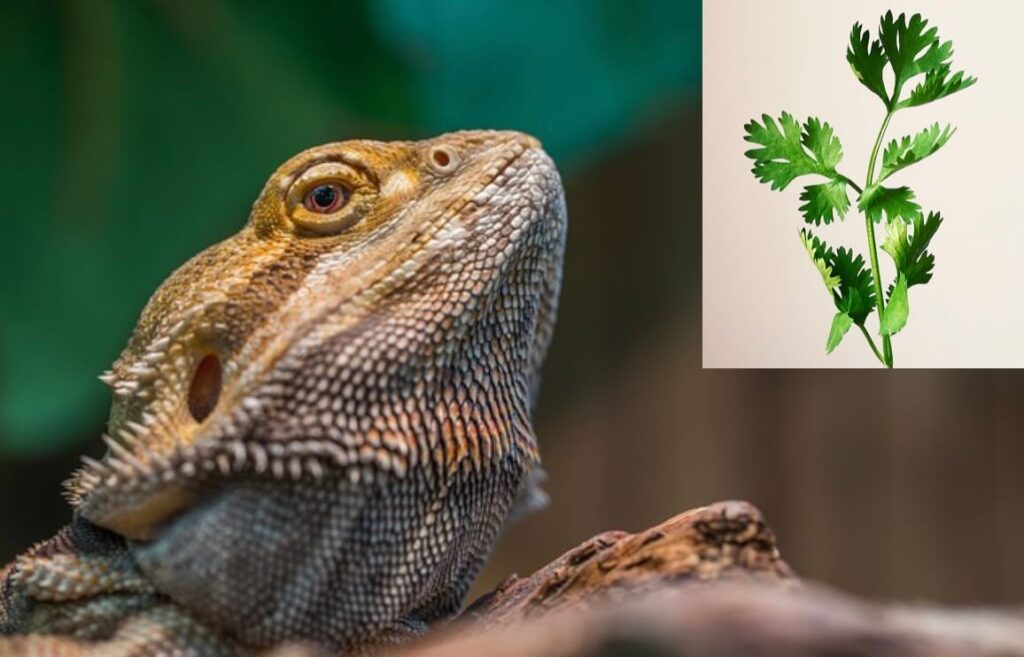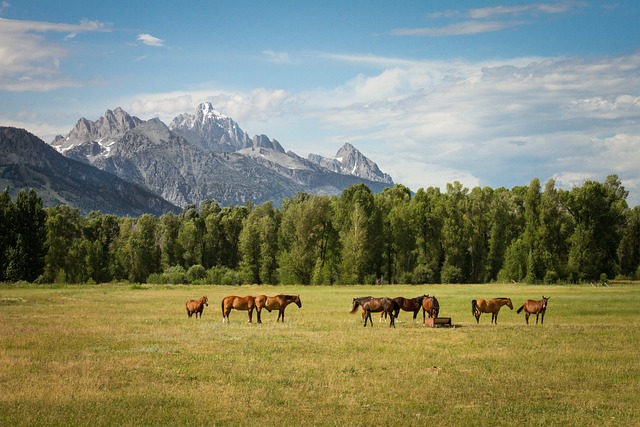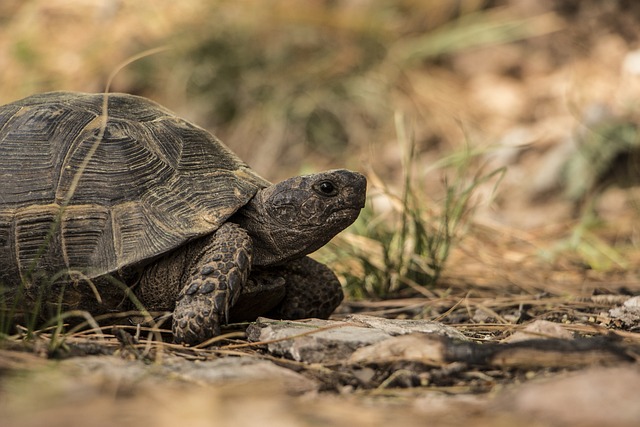If you’re wondering “Can bearded dragons eat parsley?” the answer is a qualified yes. Bearded dragons can eat parsley, although like most herbs, it should be given to them only on occasion. Parsley has too many oxalates for bearded dragons to eat regularly.
In this article, we’ll explore the nutritional value of parsley for bearded dragons and how to feed them properly. As well, see our full guide to What herbs can bearded dragons eat?
Can bearded dragons eat parsley?
- Can bearded dragons eat parsley?
- Parsley Nutritional Value for Bearded Dragons:
- How often should you give parsley to your beardie?
- Potential risks of feeding parsley to your bearded dragon:
- Frequently Asked Questions (FAQ): Can bearded dragons eat parsley?
- Foods bearded dragons can eat:
- Getting your bearded dragon calcium:
- Vegetables to feed your bearded dragon:
- Insects to feed your bearded dragon:
- How often should you feed a bearded dragon?
- What should a bearded dragon not eat?
- Recap: Can bearded dragons eat parsley?
Parsley Nutritional Value for Bearded Dragons:

Parsley is an herb packed with nutrients including:
- Fiber (great for bearded dragon’s digestion)
- Calcium (vital for beardie’s growth and bone health)
- Vitamin C
- Iron
- Carbohydrates
- Protein
- Magnesium
- Vitamin B6
- Vitamin D
- Cobalamin
- Vitamin A
Source: Web MD
A note on phosphorus and oxalates: In bearded dragons, it’s important to be aware of the phosphorus and calcium content in food you feed them. Why? Bearded dragons need a good amount of calcium to grow and to maintain bone and muscle health in adulthood. However, phosphorus inhibits the absorption of calcium if there’s too much of it, relative to the calcium amount. Similarly, oxalates bind to calcium and prevent them from being absorbed properly.
You should aim for a 2:1 ratio of 2 parts calcium to 1 part phosphorus. Unfortunately, parsley doesn’t meet this 2:1 ratio as it only contains a tiny amount of calcium. It also has too many oxalates to feed beardies regularly. We’ve outlined ways to increase your beardie’s calcium intake below as well.
How often should you give parsley to your beardie?
Parsley and parsley leaves tend to have too many oxalates to be fed to your beardie daily. You can sprinkle a pinch into their food every two to three weeks, at most.
Potential risks of feeding parsley to your bearded dragon:
Parsley doesn’t have the ideal ratio of calcium to phosphorus, and it is also quite high in oxalates, which can be very damaging if fed to bearded dragons daily. That’s why we recommend you feed your beardie this herb a few times a month, and mix it in with other greens.
If you were to only feed your beardie parsley daily with no other vegetables, they would suffer from a calcium deficiency and over time, it would harm their bone and muscle health. This could lead to brittle bones and even paralysis.
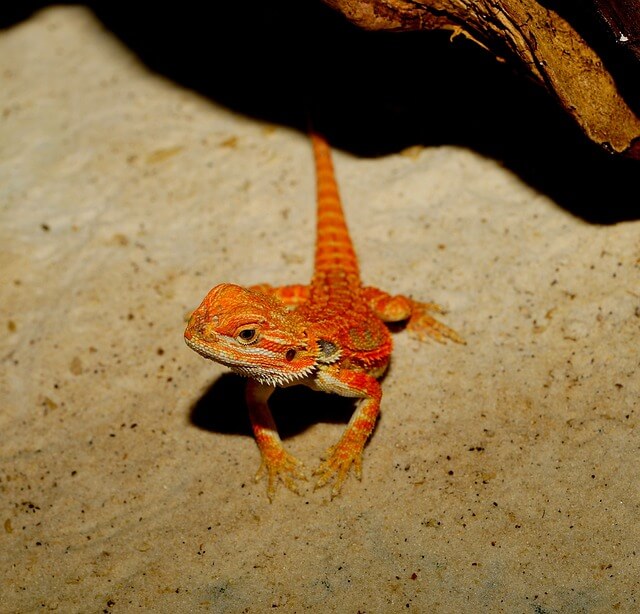
Frequently Asked Questions (FAQ): Can bearded dragons eat parsley?
Is parsley safe for reptiles?
Yes, parsley is safe for reptiles, but only if given to them in small quantities every few weeks.
What leaves are toxic to bearded dragons?
Leaves that are considered poisonous to bearded dragons include: ivy, boxwood, elderberry, iris, and buttercup. Always consult a guide or your vet before feeding your bearded dragon a leaf you find from outside.
Can bearded dragons eat thyme?
Yes, bearded dragons can eat thyme as they have nutrients and fiber that are great for your beardie. However, it shouldn’t be eaten daily as their normal vegetables as they don’t have enough calcium to support bearded dragon bone health.
Can bearded dragons eat oregano?
Bearded dragons can eat a sprinkle of oregano or they can chew on an oregano occasionally. A good rule of thumb is twice a month.
Can bearded dragons eat chives?
No, bearded dragons should not eat chives as they are considered partially toxic to them.
Can bearded dragons eat dill?
Yes, bearded dragons can eat dill, but only sparingly and only on occasion.
Can bearded dragons eat coriander?
Yes, bearded dragons can eat coriander! As well, they can eat cilantro. Coriander and cilantro are different herbs from the safe plant. They can safely eat both, on occasion.
Can bearded dragons eat rosemary?
Yes, bearded dragons can eat rosemary on occasion. If they overeat rosemary, it will likely cause digestive issues.
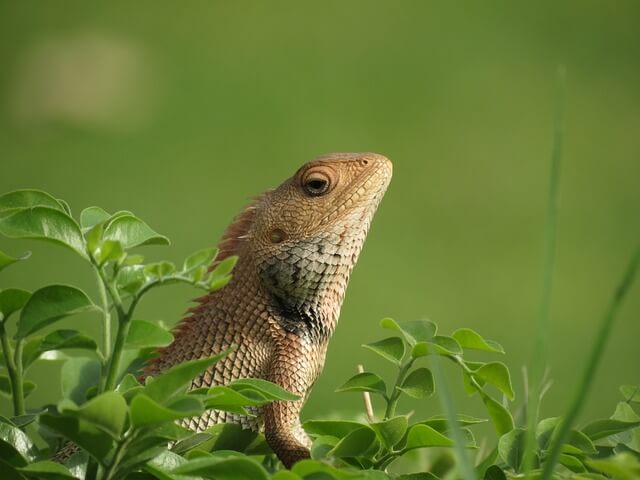
Foods bearded dragons can eat:
If you’re wondering what you should feed a bearded dragon, read our guidelines below. Bearded dragons are insectivores, which just means they thrive on insects as well as plant materials.
If you have a juvenile bearded dragon (between six and eighteen months old), give them about 80% vegetables and 20% live insects.
As your bearded dragon transitions into adulthood, give them the inverse, so 20% plant materials and 80% insects.
Getting your bearded dragon calcium:
Calcium is especially vital to a bearded dragon, especially a young one that is still growing. There are several ways to introduce more calcium into your beardie’s diet:
- Add in more high calcium vegetables like dandelions, bok choy, and collard greens.
- Dust calcium powder over their insects and vegetables to increase calcium levels.
- Make sure they’re getting their 12 hours of UVB exposure as they need this light to be able to properly absorb nutrients.
Vegetables to feed your bearded dragon:
- Peas
- Dandelion
- Green beans
- Cabbage
- Zucchini
- Pumpkin
- See our full list of vegetables to feed your bearded dragon
Note: Bearded dragons can also eat fruit in moderation. See here for a complete list of fruits bearded dragons can eat.
Insects to feed your bearded dragon:
- Crickets
- Kingworms
- Waxworms
- See our full guides to insects you can feed your bearded dragon and worms to feed your bearded dragon
Quick note: Live insects raised by you or bought from the pet store are best because they’re definitely pesticide free.
How often should you feed a bearded dragon?
During the first 3-6 months of your beardie’s life, try to feed them four to five times a day by giving them as many insects as they’d like in 10 minutes. They’re growing and need lots of protein during this stage.
Reduce the number of feedings to about two to three times a day when they’re growing into their juvenile years (between six and eighteen months).
As they become an adult, you can feed them once daily.
What should a bearded dragon not eat?
Avoid feeding your bearded dragon:
- Onions
- Leeks
- Chives
- Mushrooms
- Garlic
- Acidic fruit like oranges, lemons
- Rhubarb (can be toxic to them)
- Avocados (surprisingly, these make them ill)
- Eggplant
- Insects caught in the wild (there may be pesticides covering them)
- Venomous insects
- Dairy of any kind
- Rice and grains of any kind
- Frogs or toads
- Ham or other processed meats
Recap: Can bearded dragons eat parsley?
- Bearded dragons can safely eat small amounts of parsley, about twice a month at most.
- However, parsley should not be a staple in their daily diets.
For our full list of food to feed a bearded dragon, see our guide here.

